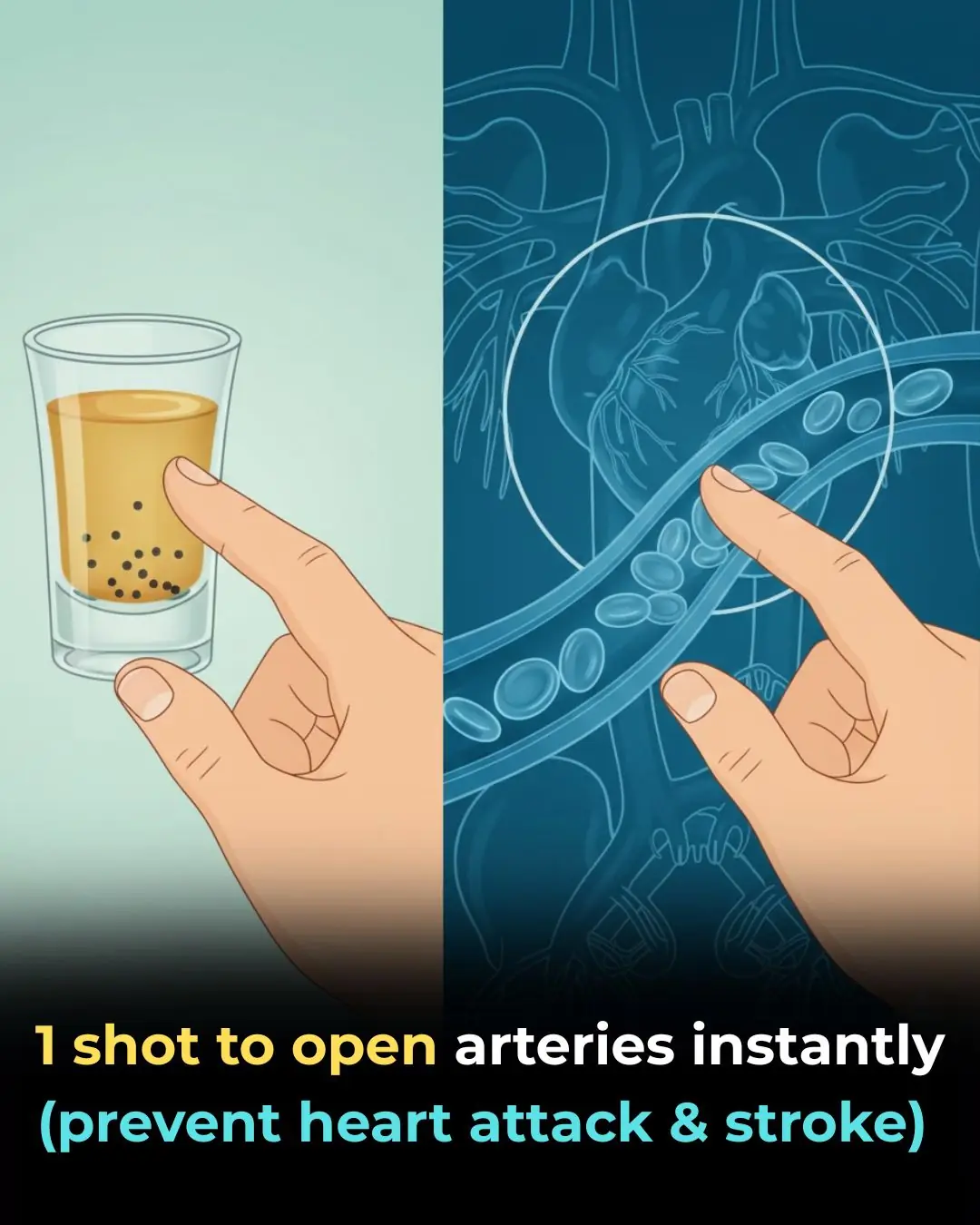
Heart Attack How to React in the Moment
Heart Attack How to React in the Moment
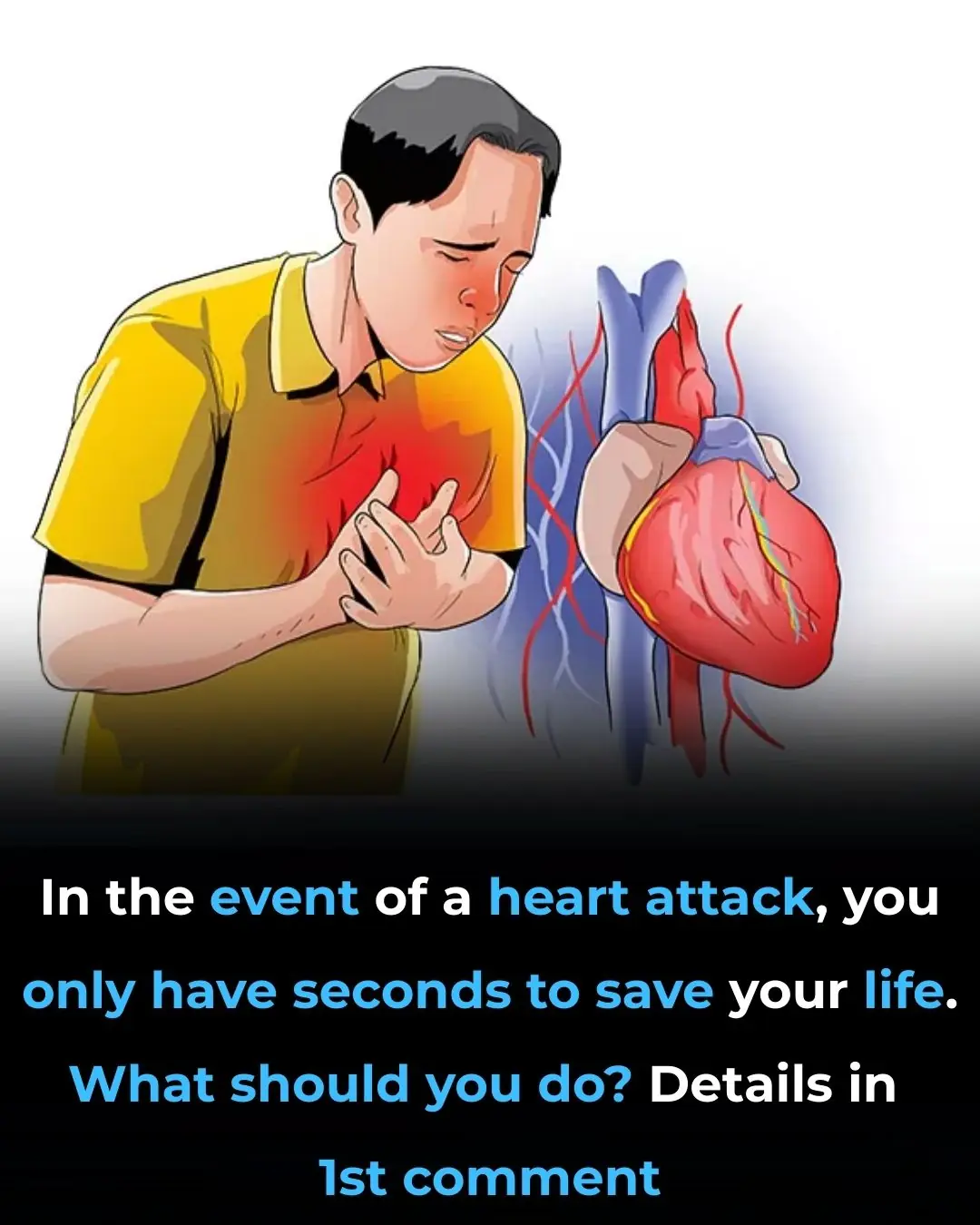
When it comes to a heart attack, every second counts. Although not everyone will face one, knowing how to respond—and how to prevent it—can save a life. Here’s what to do in an emergency and how to adopt simple daily habits that support your heart health without adding extra stress.
Immediate Action: What to Do at the First Sign of a Heart Attack
A heart attack can strike suddenly and without warning. If you or someone near you shows signs—like chest pain, shortness of breath, nausea, or lightheadedness—take immediate action:
Call emergency services (911 or your local emergency number) right away. Early medical intervention is critical.
While waiting for help, try the “cough CPR” technique (only if the person is conscious and breathing).
This involves taking a deep breath and coughing forcefully every couple of seconds. The idea is to maintain blood circulation and oxygen flow, especially to the brain. Note: This is not a substitute for CPR or medical care, and its effectiveness is debated—so use it only while waiting for help, and always prioritize calling emergency services first.
Everyday Habits for a Healthier Heart
Prevention is just as important as response. The good news? You don’t need a massive lifestyle overhaul to improve heart health. These small, consistent habits can make a big difference over time:
1. Eat Heart-Friendly Foods
Fill your plate with vegetables, fruits, fiber-rich foods, and whole grains. Limit saturated fats and processed foods, and focus on healthy fats like omega-3s (found in oily fish, flaxseeds, and walnuts) and olive oil. Eating well not only supports your heart—it lifts your mood too.
2. Move Your Body Regularly
You don’t have to hit the gym every day. Just 30 minutes of moderate activity—like brisk walking, swimming, or dancing—most days of the week supports heart health. Add light strength training once or twice a week to build resilience.
3. Quit Smoking
Smoking is one of the leading causes of heart disease. If you smoke, seek support to quit. Even cutting back can reduce your risk—and each smoke-free day strengthens your heart.
4. Reduce Stress
Chronic stress is a quiet but powerful threat to heart health. Build calming habits into your daily routine—like deep breathing, mindfulness, journaling, nature walks, or creative hobbies. Small moments of calm add up.
5. Stay on Top of Checkups
Regular health screenings help you catch early warning signs. Monitor your blood pressure, cholesterol, and blood sugar, and talk to your doctor if you notice symptoms like fatigue, irregular heartbeat, or swelling in your legs or feet.
Final Thoughts
You don’t need drastic changes—just a few mindful habits, regular movement, and self-compassion. And in an emergency, know when to call for help. Staying informed and proactive could save your life—or someone else’s.
Every heartbeat matters.
News in the same category


5 Ancient Ayurvedic Remedies That May Help Cleanse Clogged Arteries Naturally

How to Grow Rosemary Abundantly at Home: Your Aromatic, Memory-Supportive Garden Ally
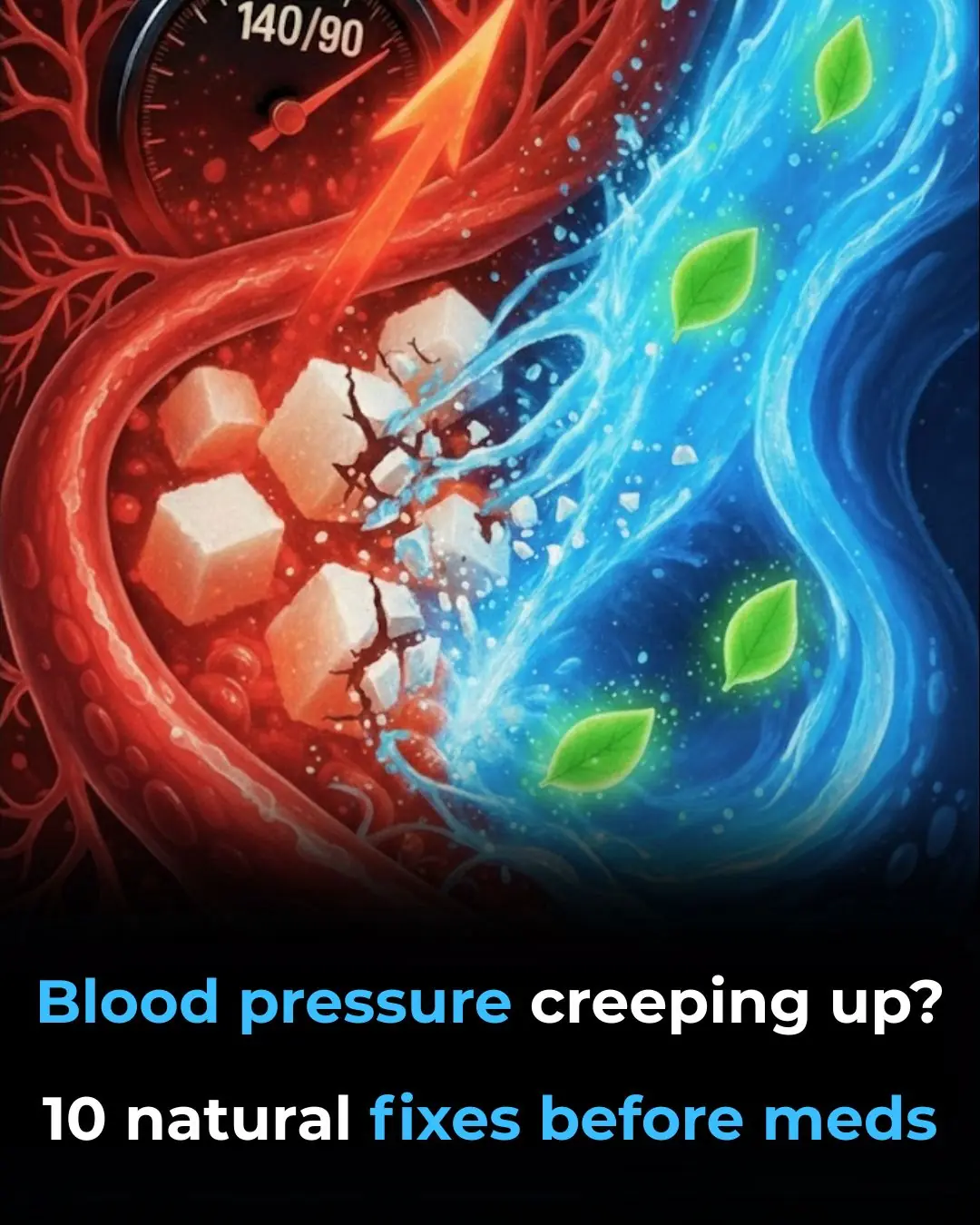
Blood pressure creeping up? 10 natural fixes before meds
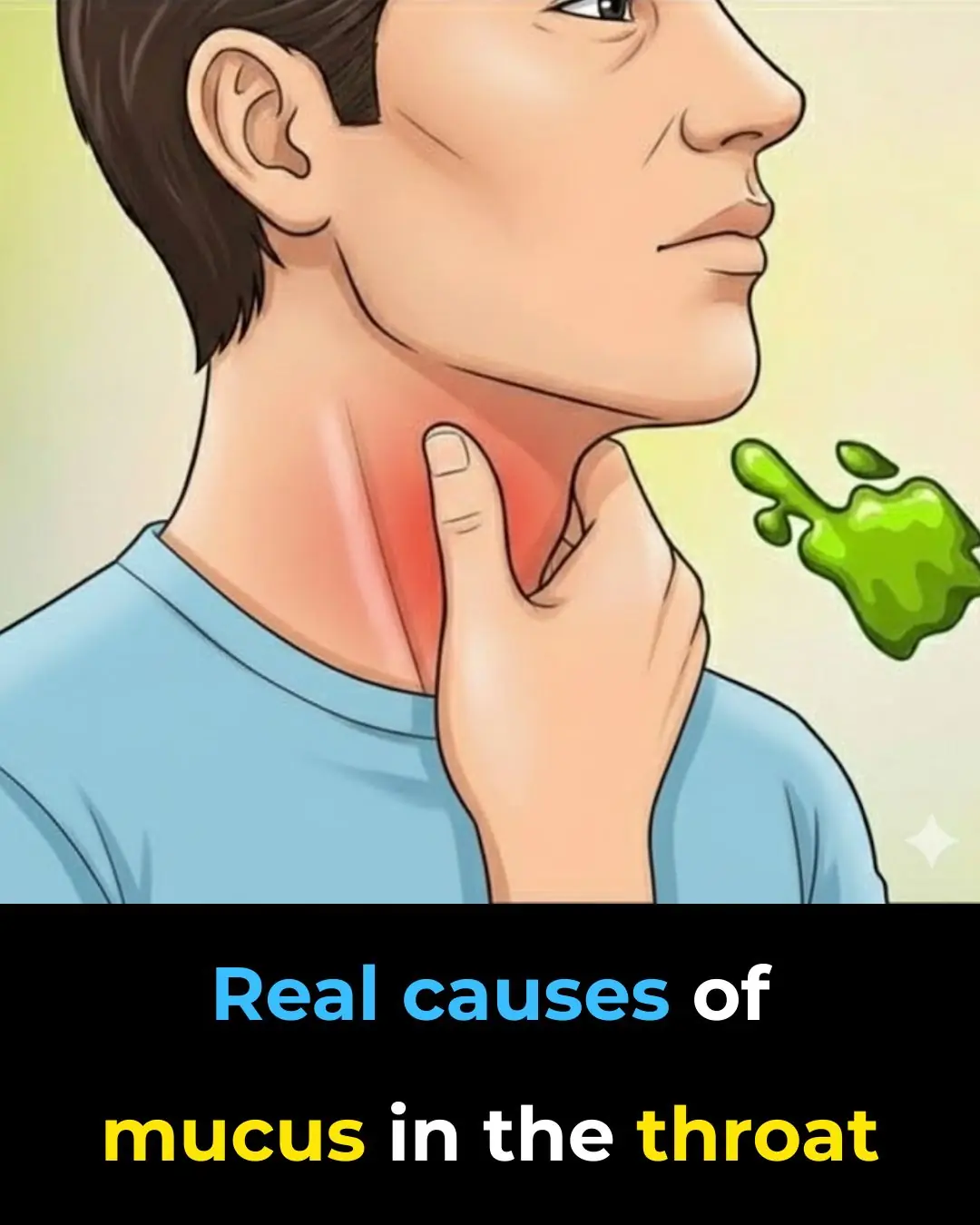
🫁 The Real Causes of Constant Phlegm and Mucus in Throat — And How to Get Rid of It
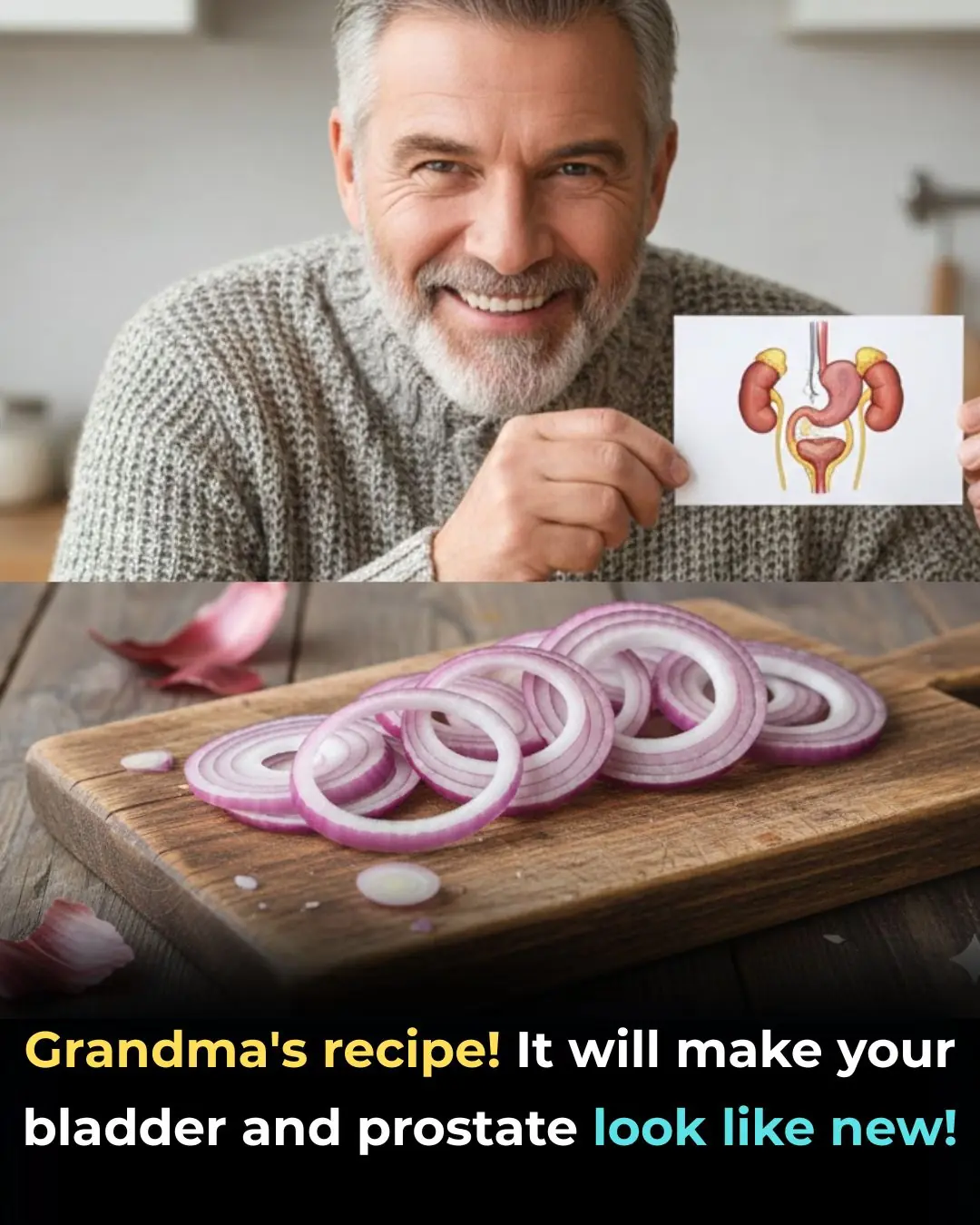
The Hidden Danger on Your Fruit — and the Simple Method That Can Make It Safer
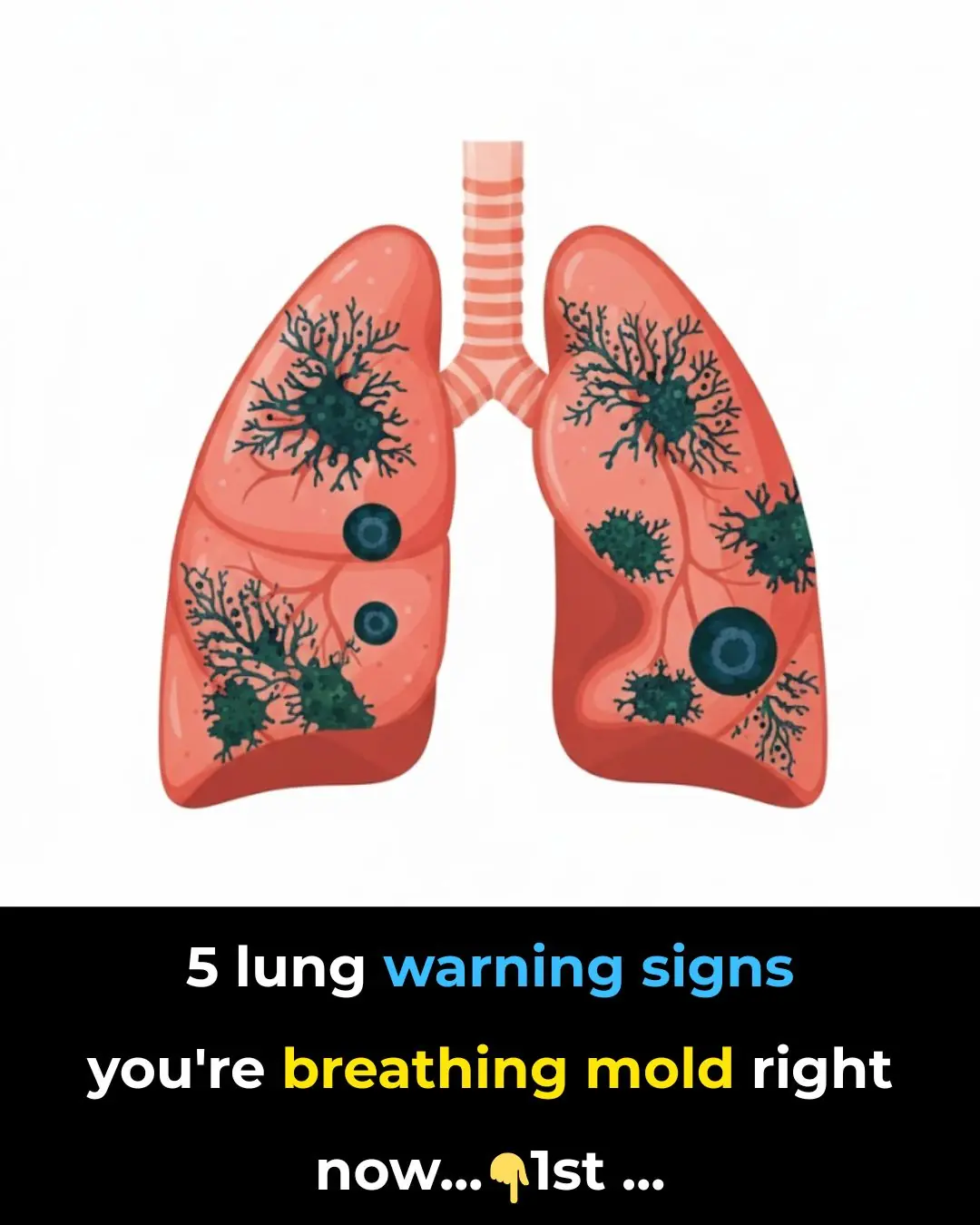
5 Signs Your Lungs are Being Exposed to Mold

How Cancer Spreads Through The Lymphatic System (And How To Keep It Healthy)
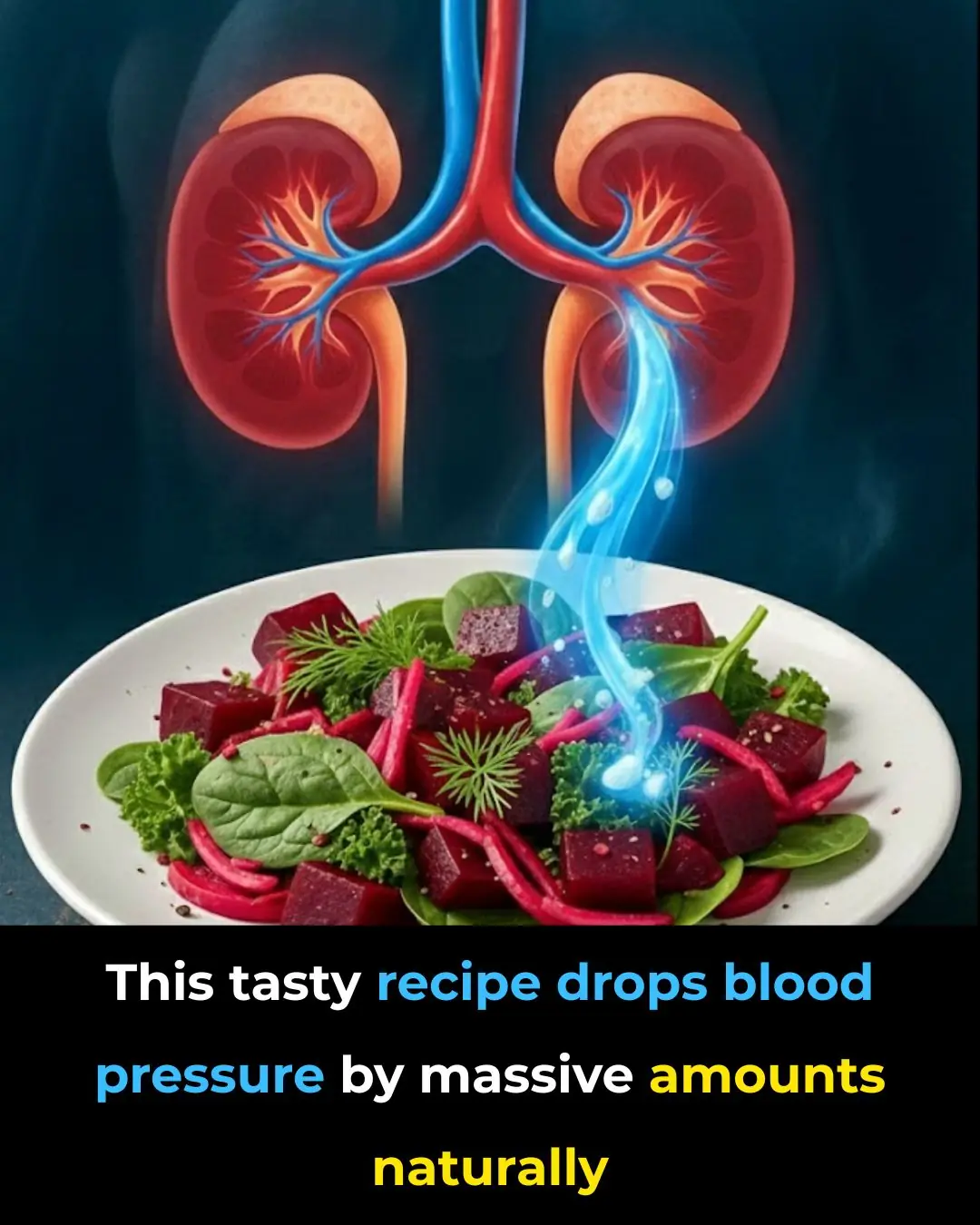
This tasty recipe drops blood pressure by massive amounts naturally
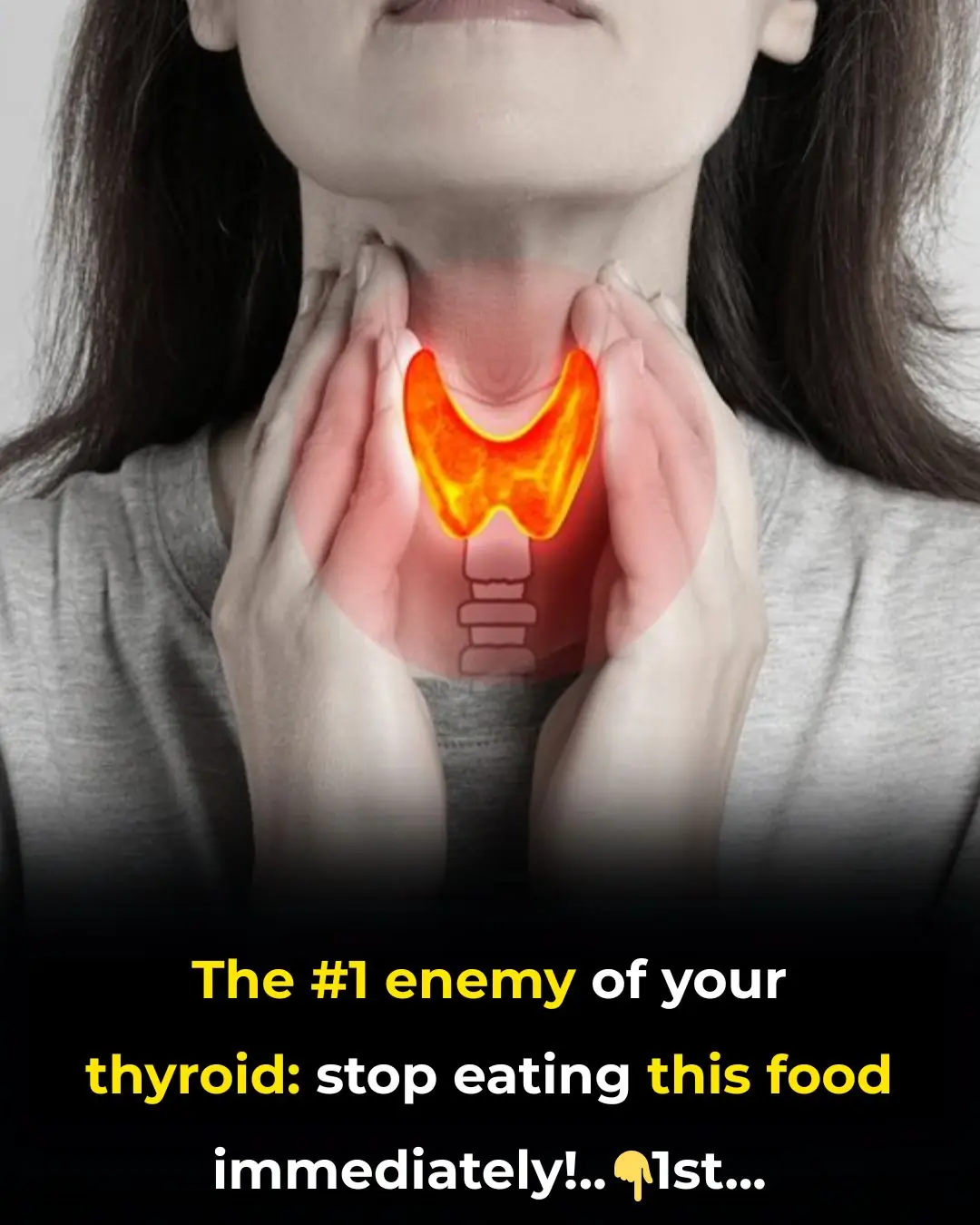
The #1 enemy of your thyroid: stop eating this food immediately!

First Three Colors You See Reveals What’s Really Bothering You

Hotel Workers Reveal What Goes On
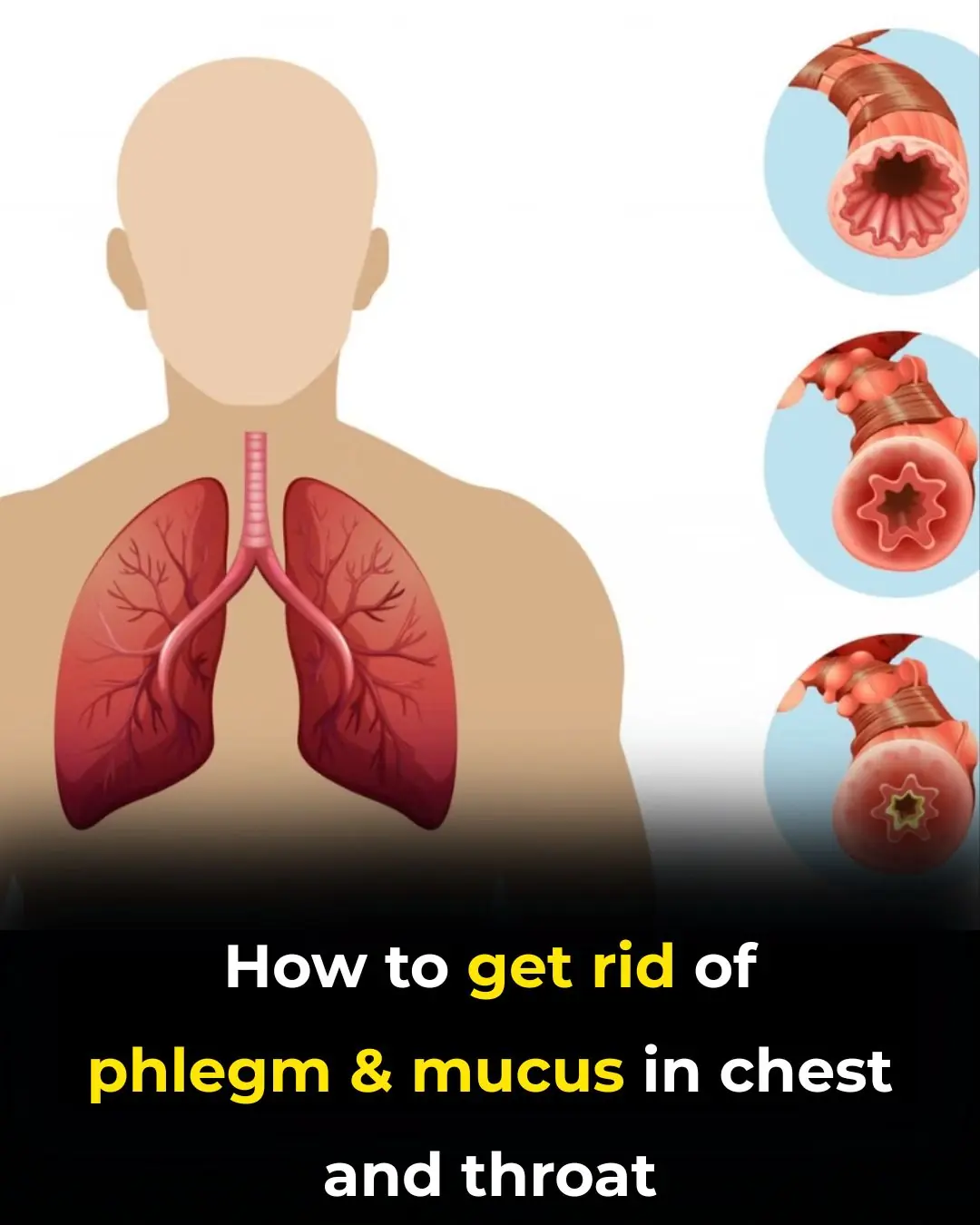
Understanding Phlegm: Why It Builds Up and How to Naturally Reduce It
![Reduce Foot And Ankle Swelling [Top 9 Causes]](https://onplusnewscom.8cache.com/onplusnewscom/images/2025/12/13/1765633594jVo6Fro3lO.webp)
Reduce Foot And Ankle Swelling [Top 9 Causes]
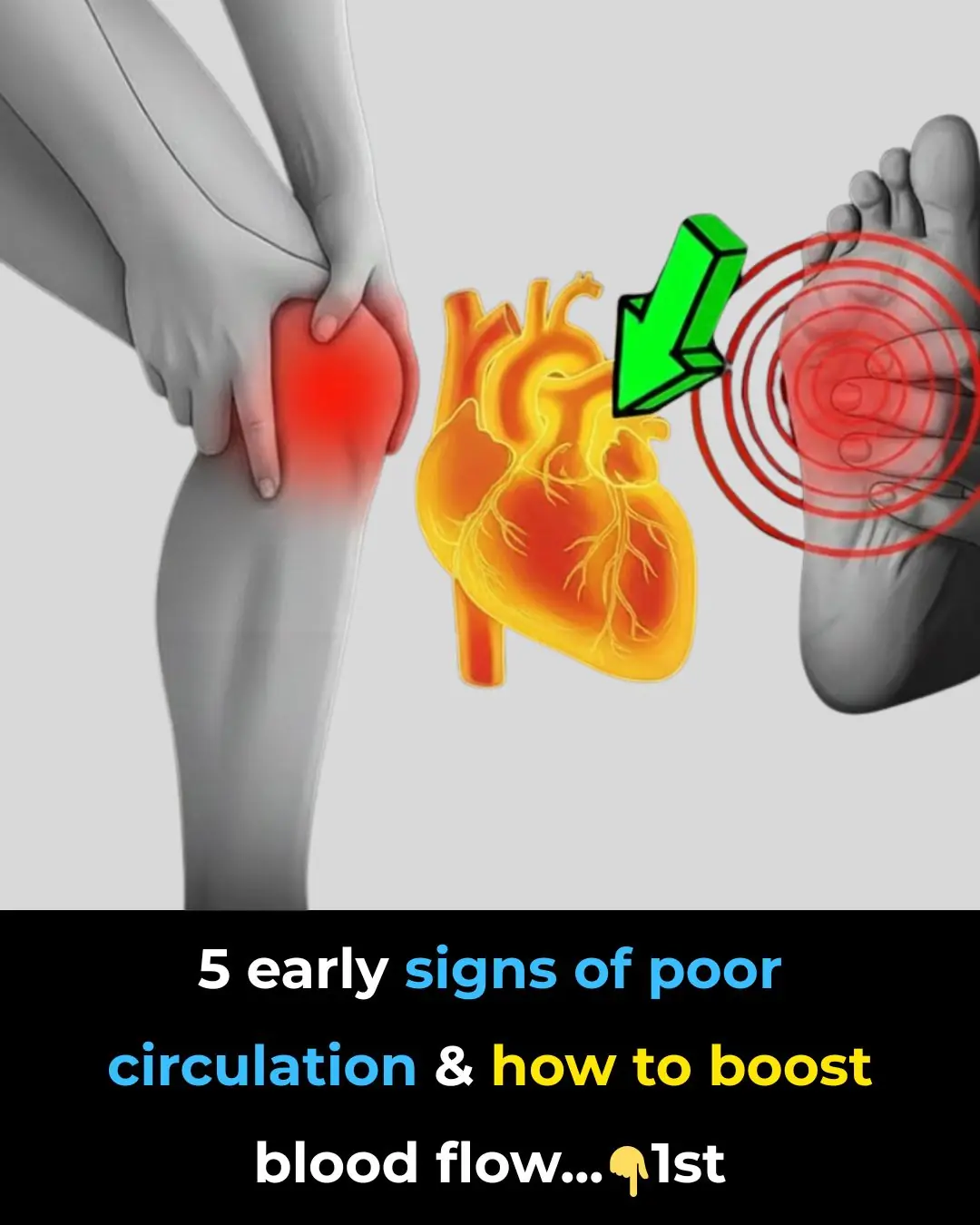
5 early signs of poor circulation & how to boost blood flow

Foods to Eat When You’re Sick: Nutritional Support for Faster Recovery
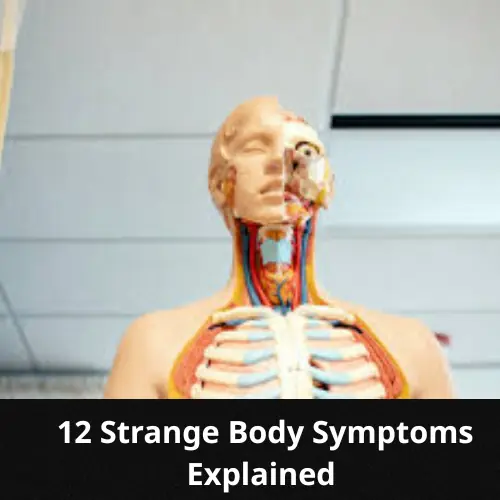
Strange Body Symptoms Explained: What Your Body May Be Telling You

Understanding Magnesium: Types, Symptoms, and Scientific Support

Herbal Balms You Should Keep at Home: Traditional Uses and Scientific Perspectives
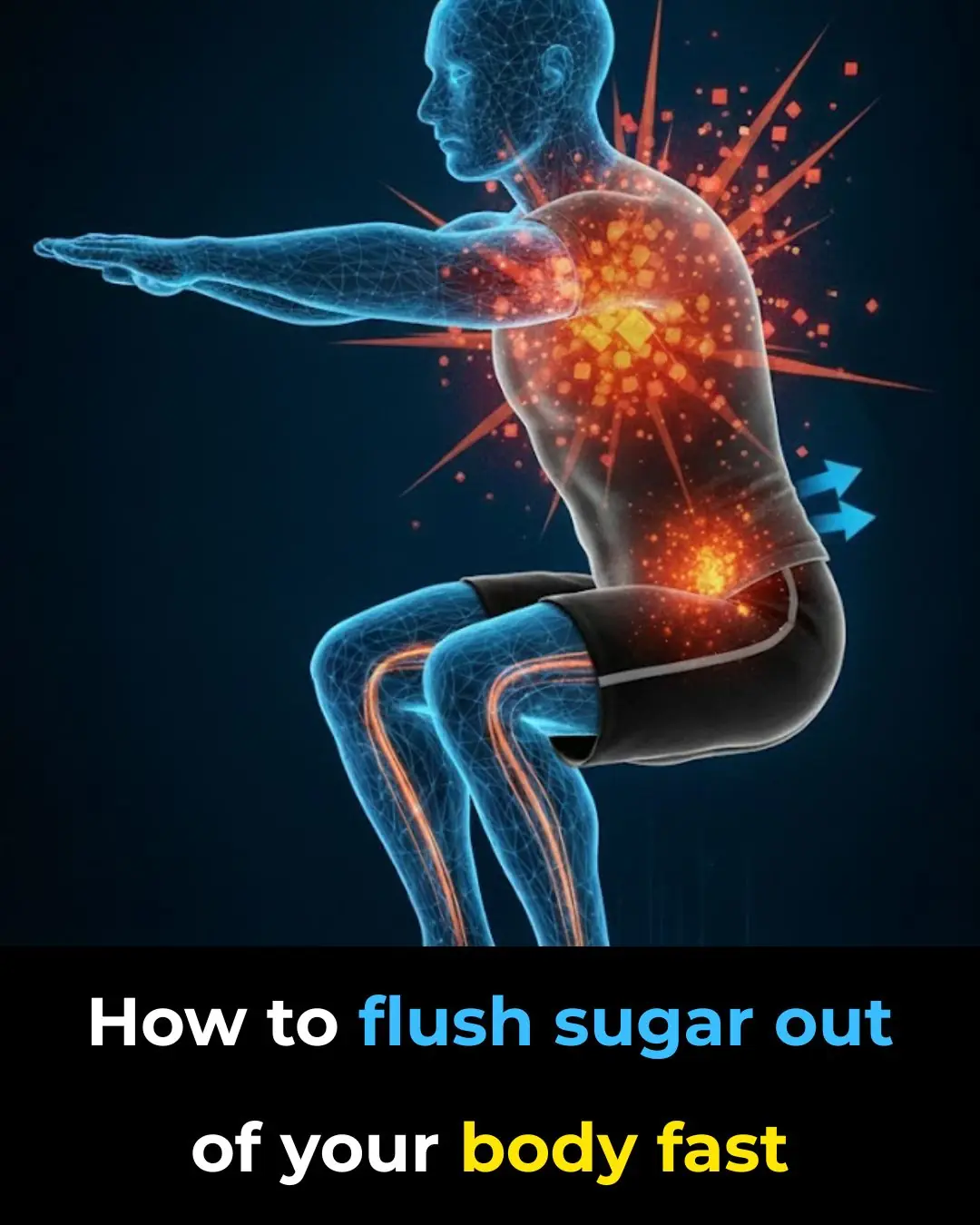
How to flush sugar out of your body fast
News Post
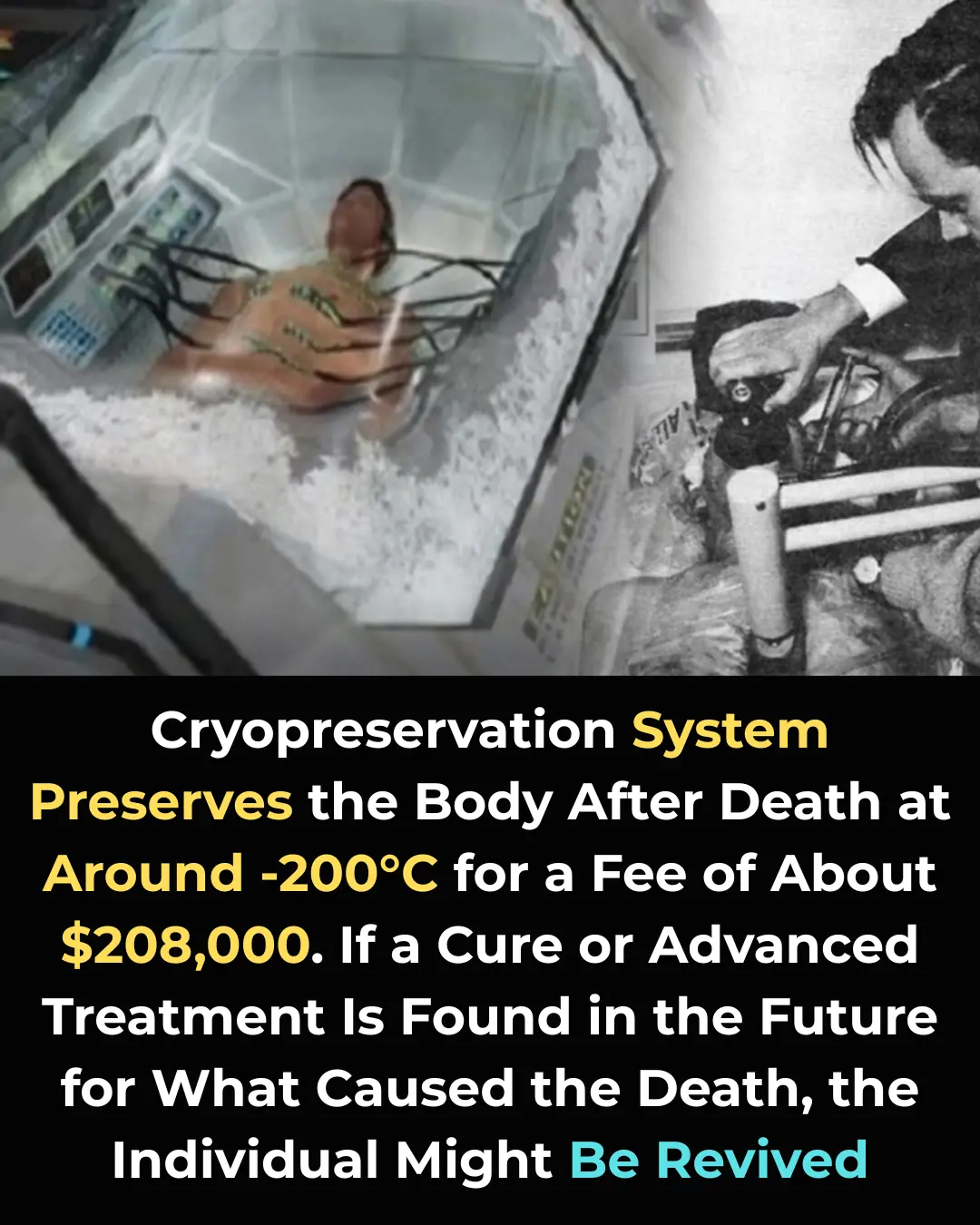
Is Cryonics the Key to Life After Death? Discover the Controversial Process That Could Revive You!

Shocking Study Reveals Why Cats Meow More to Men Than Women

Shocking Discovery: Danish Sperm Donor’s Cancerous Genetic Mutation Affects 200 Children!

Choose the Longest Line

1 shot to open arteries instantly (prevent heart attack & stroke)
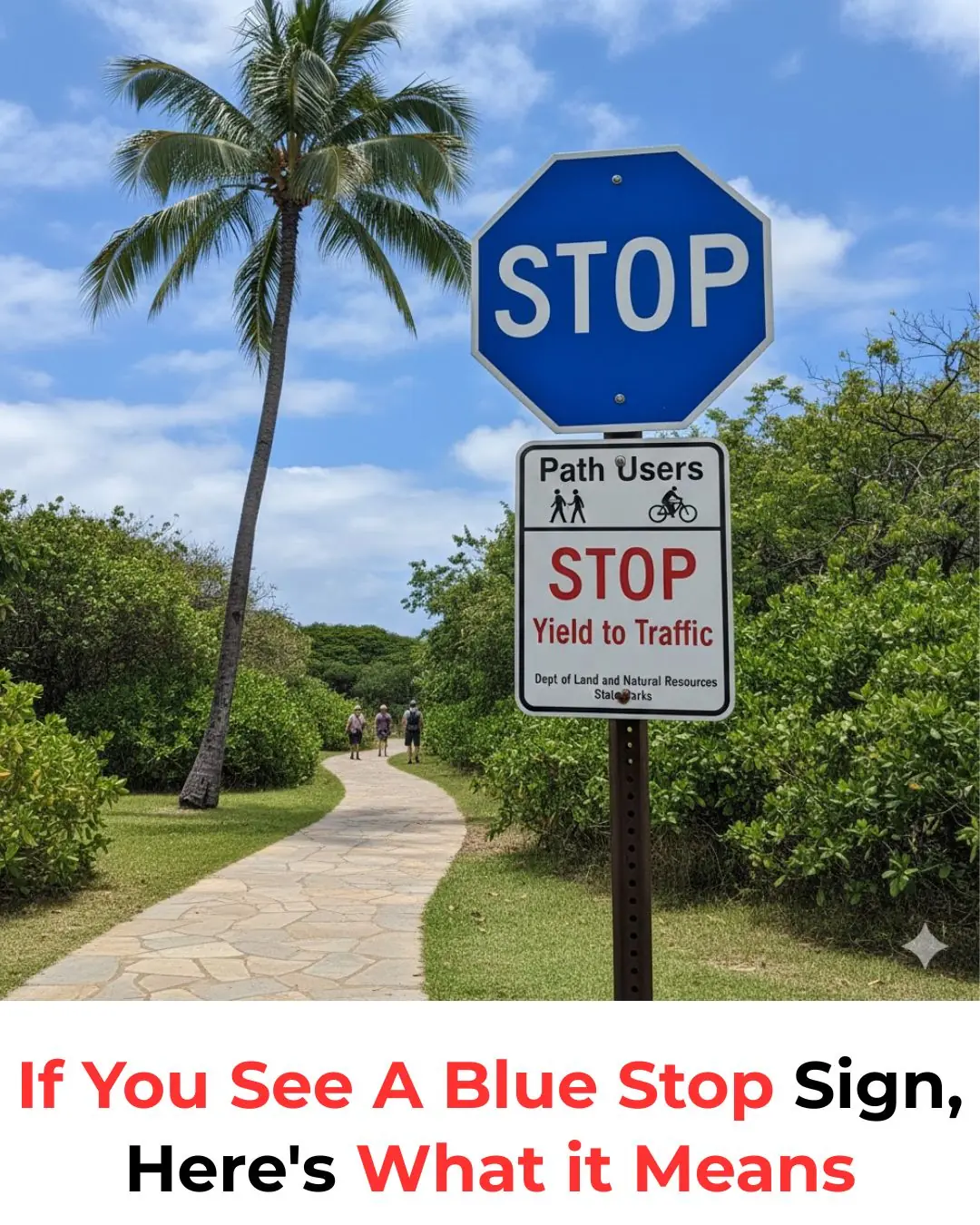
The Mystery of the Blue Stop Sign

Large Navel Oranges vs Small Navel Oranges

5 Ancient Ayurvedic Remedies That May Help Cleanse Clogged Arteries Naturally

Bee Venom Shows Promise in Destroying Aggressive Breast Cancer Cells in Under 60 Minutes

Dog Swept Away by Typhoon Floods in the Philippines Miraculously Finds His Way Home After Two Weeks

China Tests Jumbo-Sized Hypersonic Jet Reaching Mach 6.5, Redefining Ultra-Fast Air Travel

How to Grow Rosemary Abundantly at Home: Your Aromatic, Memory-Supportive Garden Ally

Blood pressure creeping up? 10 natural fixes before meds

What does it symbolize when a person who passed away appears in your dream

Snowball the Leucistic Alligator: A Rare Living Wonder Lost to Human Greed

Scientists Identify a Low-Cost, Widely Available Antidote That Could Reduce Cobra Venom Damage

China Uncovers a “Supergiant” Gold Deposit in Hunan, Potentially Reshaping Global Supply
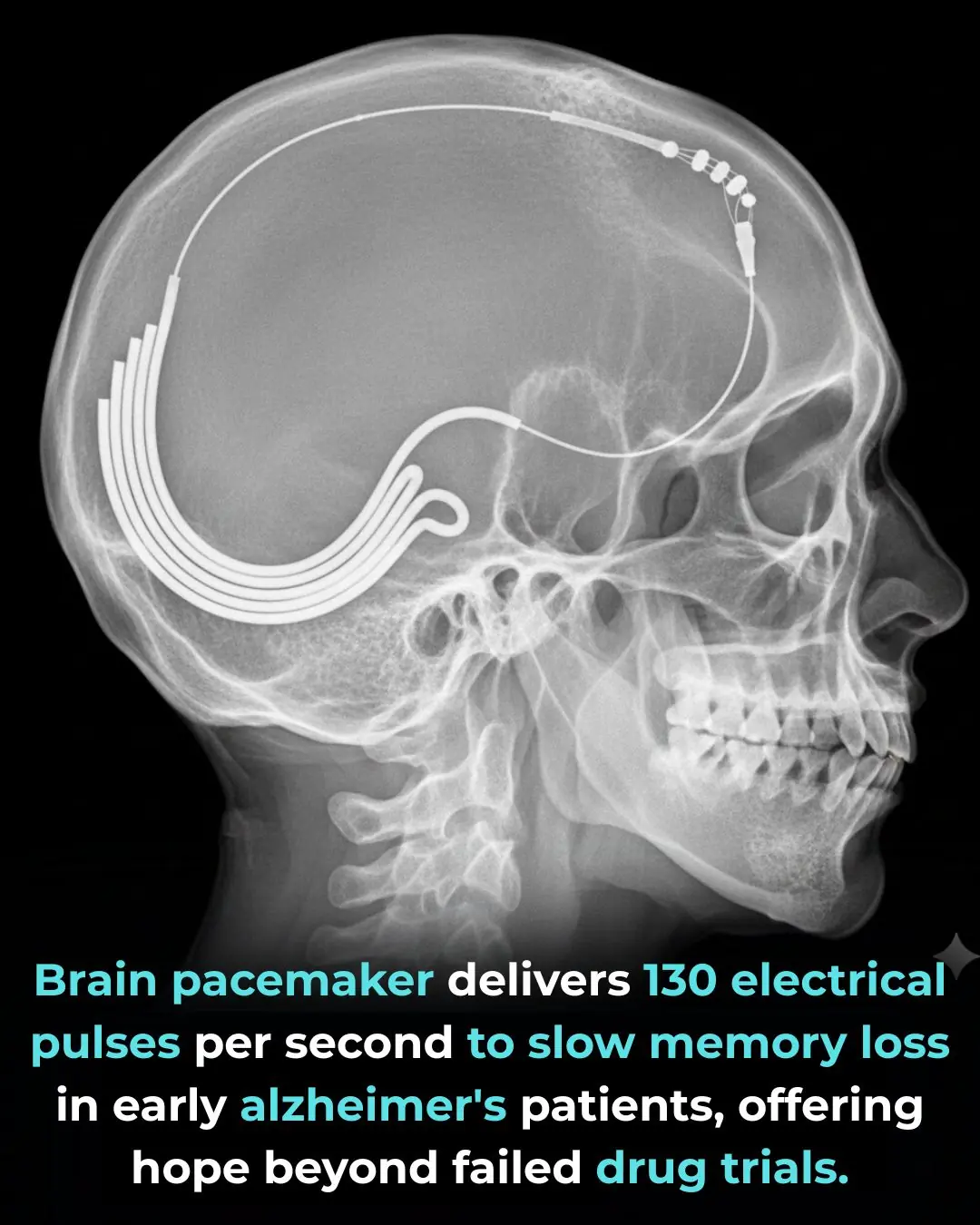
Brain Pacemakers and Alzheimer’s: How Deep Brain Stimulation Could Slow Memory Loss

Your Breath Is a Biometric Signature: How Breathing Patterns Can Identify Individuals and Reveal Mental Health Clues
